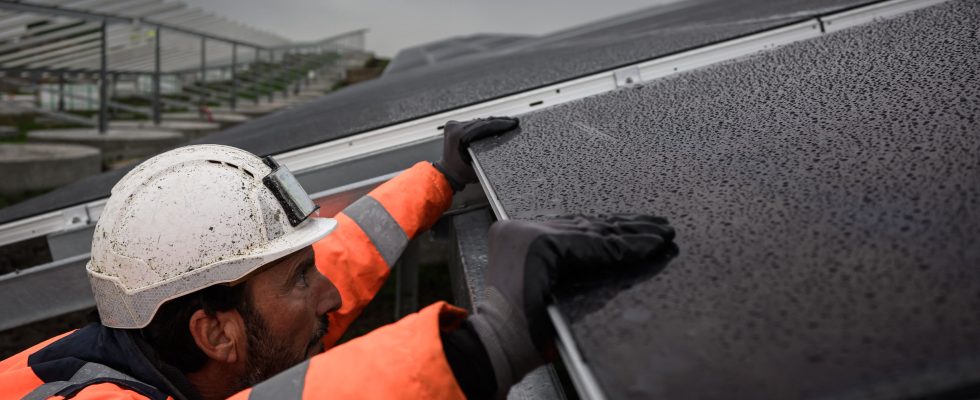Should we see this as a simple error of haste? Or rather the consequence of a pile of announcements that collide with production constraints? While Bruno Le Maire, the boss of Bercy, and the Minister Delegate in charge of Industry and Energy Roland Lescure praised a few days ago France’s great ambitions in terms of photovoltaics, mass distribution is taking the lead. alarm bell. The reason for concern? The timing imposed by the executive to equip all parking lots in commercial areas with shade covered with solar panels. Certainly, Auchan, Carrefour, Leclerc and others are ready to play the game of going green. But if the deadlines are not extended, it is the Chinese manufacturers with their ultra-competitive equipment who will pull the chestnuts out of the fire. Ubuesque? Certainly. Anecdotal? Not really, since it involves covering nearly 35 million square meters of parking lots. An investment estimated at nearly 11 billion euros by major retailers.
To understand this new snafu, we have to go back to March 2023 when the National Assembly adopted the APER law – law for the acceleration of the production of renewable energies – which should make it possible to create the conditions to boost green energies in the Hexagon. Among the string of articles, one of them concerns the obligation by 2028 to cover half of parking areas larger than 1,500 square meters with solar shades. First problem: the surface area retained also includes the traffic aisles, and not just the spaces, which would amount to covering all of the car parks. Second problem: deadlines. For the largest car parks – i.e. 18 million square meters – the equipment must be in place by 2026. That is to say almost tomorrow, time to launch calls for tenders and respond to them. and carry out the work.
Chinese overcapacity
Problem: only Chinese groups are able today to respond to such volumes of orders. Industrialists fed on subsidies from Beijing, drowning under production overcapacity and who have chosen to flood Europe with equipment whose prices have fallen by half in the space of a year, effectively crushing the last French survivors of the photovoltaic industry. Coincidentally, on April 18, while Systovi, a small solar module assembly factory near Nantes, closed its doors, the Carbon company, which aims to become the European leader in photovoltaics, announced that it had finally filed the permit for build its future gigafactory near Fos-Sur-Mer (Bouches-du-Rhône). “Made in France” panels which, if all goes well, will leave the factory at the end of 2026. Too late, therefore, to take advantage of the windfall in orders from major retailers. Unless we review the law.
